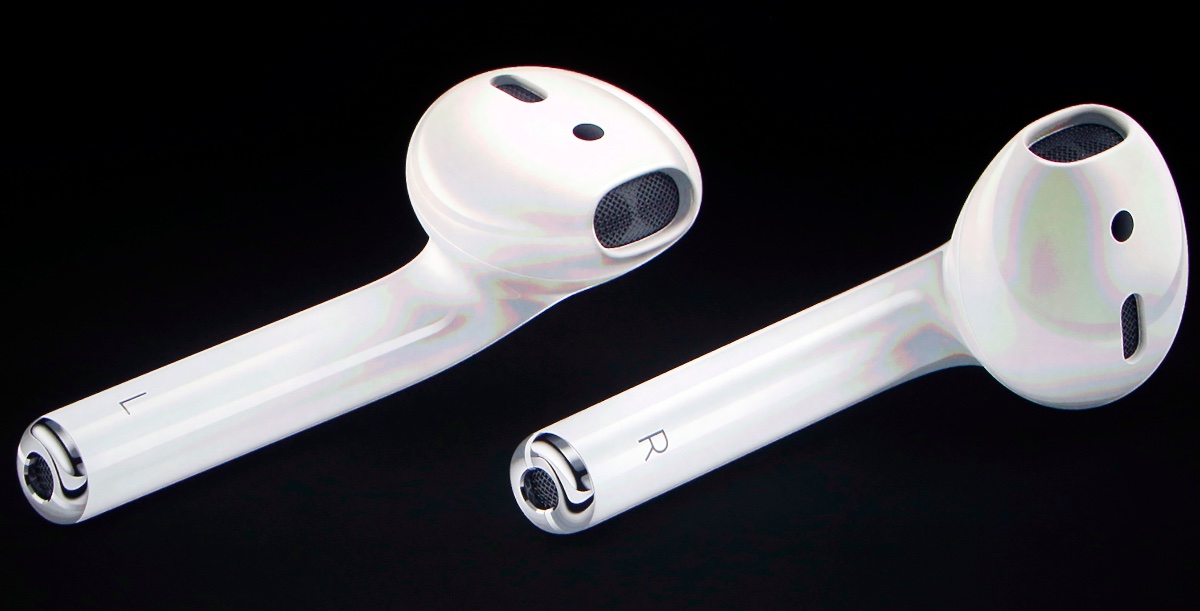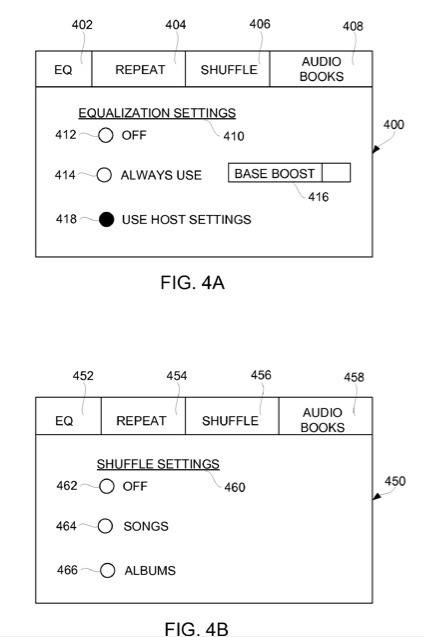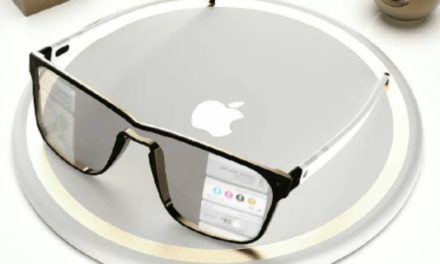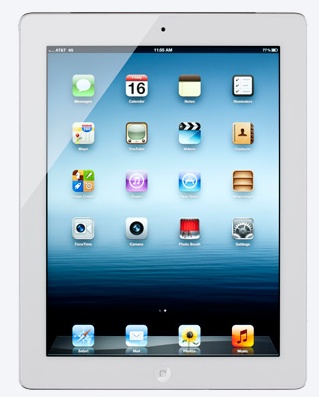The global earphones and headphones market is projected to reach values of more than $36 billion by 2024, growing at compound annual growth rate (CAGR) of around 13% during 2018-2024, according to Research and Markets (www.researchandmarkets.com).
The increase in the number of mobile devices, access to music and video content on-the-go, and the fast evolving music industry are some of the major factors attributing to the growth of the global market, notes the research group. The exponential growth of digital media, especially entertainment services such as video, audio, and multimedia will drive the demand for innovative devices in the market.
Research and Markets says the global earphones and headphones market is driven by the growing demand for portable devices for high-quality sound and an enhanced audio experience. The growing array of platforms on which users can access and stream audio and video content will contribute to the revenues in the global market.
Market vendors have recently launched wireless headphones with noise-cancellation features that can regulate ambient sounds using active noise control, thereby enabling consumers to concentrate solely on the music without being tied to a device. These wireless headphones can also deliver a mix of ambient sounds and music from the device, thereby allowing consumers to listen to the digital stream while keeping them aware of their surroundings as well.
Consequently, people are enrolling themselves in gyms and fitness clubs, says Research and Markets. The growing health-conscious population and the increasing awareness about the benefits of exercises are prompting individuals to join fitness clubs in their locality. Usually, people use headphones to listen to music, stream digital podcasts and audiobooks, and to answer calls while keeping their hands free.
Consumers mostly listen to music during their daily commute and fitness activities. The use of wireless headphones has been gaining high popularity over the years since they offer users freedom to manage wires, thereby increasing their mobility. Some vendors have created real-time language translation devices that work both with and without networks.
A few companies have also created mobile applications that enhance the usability of translating devices. In 2016, Waverly Labs launched a wearable, language-translating device with two earpieces meant for speakers. This device was akin to true wireless headphones. Recently, Waverly has also integrated music streaming functionality into its product.






